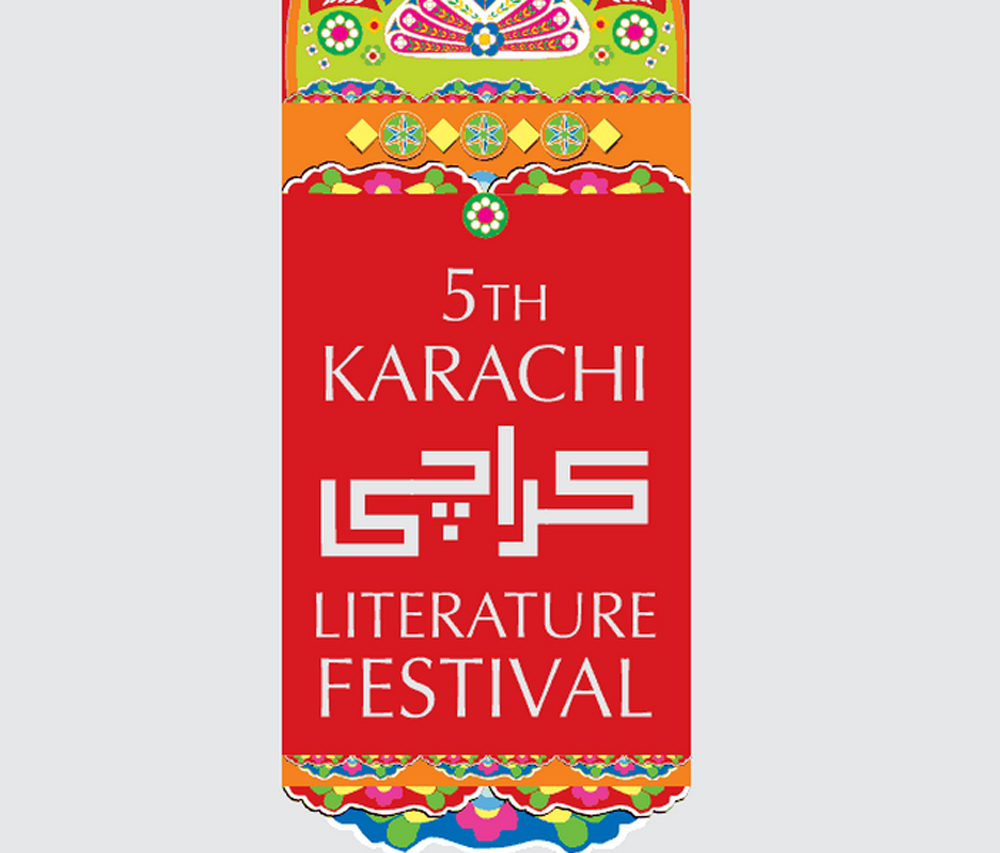
The first session, which was moderated by Adeel Hashmi and had big names like Zehra Nigah and Asma Jehangir and the author, Moneeza Hashmi managed to draw a large crowd. Women’s struggles in Pakistan were combined with light-hearted anecdotes about Moneeza’s younger days, her father Faiz Ahmed Faiz’s close friendship with Nigah and Jehangir’s long-drawn fight for human rights. The half an hour that was assigned for the session passed by too quickly.
Questions were raised about why Moneeza had not chosen to write a similar book about Pakistani men. “ I have started work on it, magar itnay mard mil hi nahe rahay,” she joked. Jehangir chimed in and said that the Pakistani woman was inarguably far ahead when it came to the struggle they had to endure in order to get what was rightfully theirs to begin with.
A member from the audience expressed bewilderment about women’s condition in the country despite the presence of larger-than-life heroes, such as the ones present on stage. “Our mindset has not changed,” replied Jehangir. “Unfortunately the people we are fighting are also the ones that we love. Hamara dushman hamaray baghal mein betha hay.”
Muneeza elaborated that two of the toughest interviews she had to conduct for the book were that of Benazir Bhutto and her sister, Salima Hashmi. The former was challenging because she could have never imagined profiling the prime minister of Pakistan. The latter was tough because she had to speak to her sister about a dimension of life that they had never discussed before, especially her relationship with her father. The session ended with the author promising to translate the book into Urdu and other local languages.
The second launch of Babar Ayaz’s “What is wrong with Pakistan?” seemed like an extended session of Pakistan Studies in comparison. Big questions like the politicisation of religion, its role in governance, whether Pakistan is a failed state or not, were all crammed into half an hour. While the author tried to provide a historical context for the country’s current problems and its direction in the future, the time seemed too inadequate for such a vast subject matter.
The role of religion and the complications it had led to in Pakistan’s case featured dominantly in the session. “What will unify Pakistan if we take religion away,” asked someone from the audience. “What holds India together? Its not religion. If that were the case, all the Muslim nations in the world would be unified,” responded Ayyaz.
The session ended on an optimistic note stating that Pakistan was not a failed state yet - something many in the audience needed to believe, given the critical juncture that the country is at this point in time.



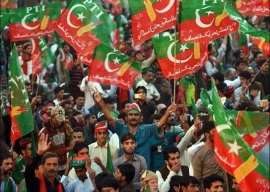
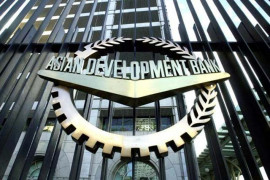
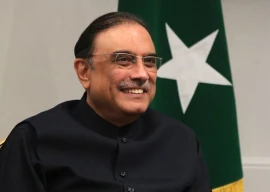
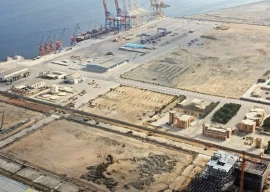
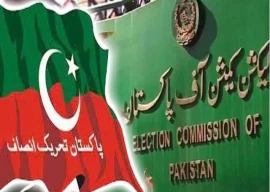
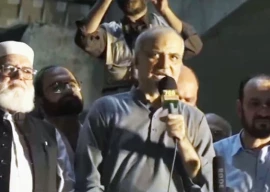









COMMENTS
Comments are moderated and generally will be posted if they are on-topic and not abusive.
For more information, please see our Comments FAQ